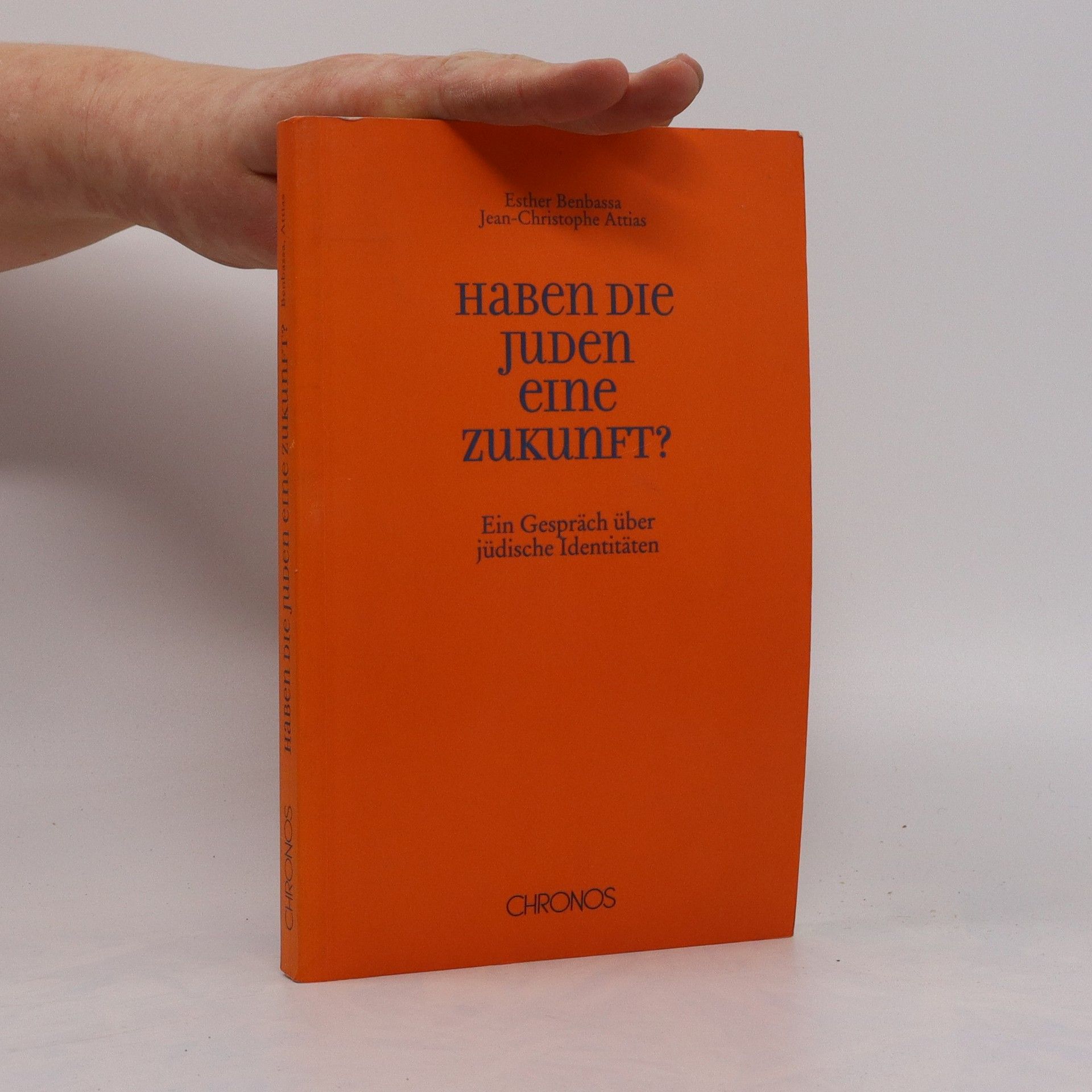Histoire des Juifs de France
- 396 pages
- 14 hours of reading
Cet ouvrage de synthèse présente, à la lumière des recherches les plus récentes, l'histoire des groupes juifs en France de l'époque gallo-romaine à nos jours. Il prend en compte ruptures et continuités, sans dissocier les événements des réalités sociales, économiques, culturelles et religieuses. Sans cesse renouvelée et redynamisée par des apports de populations exogènes, la collectivité juive de France suit en effet une trajectoire complexe, à la jonction de l'histoire de France et l'histoire des Juifs. Suivant une approche plurielle, ce travail tente de retracer dans leur diversité et dans leur spécificité les vicissitudes de la présence juive sur le sol français, de cerner les modalités de ses rapports avec la société environnante, ainsi que sa place à l'époque contemporaine, dans la nation française.


